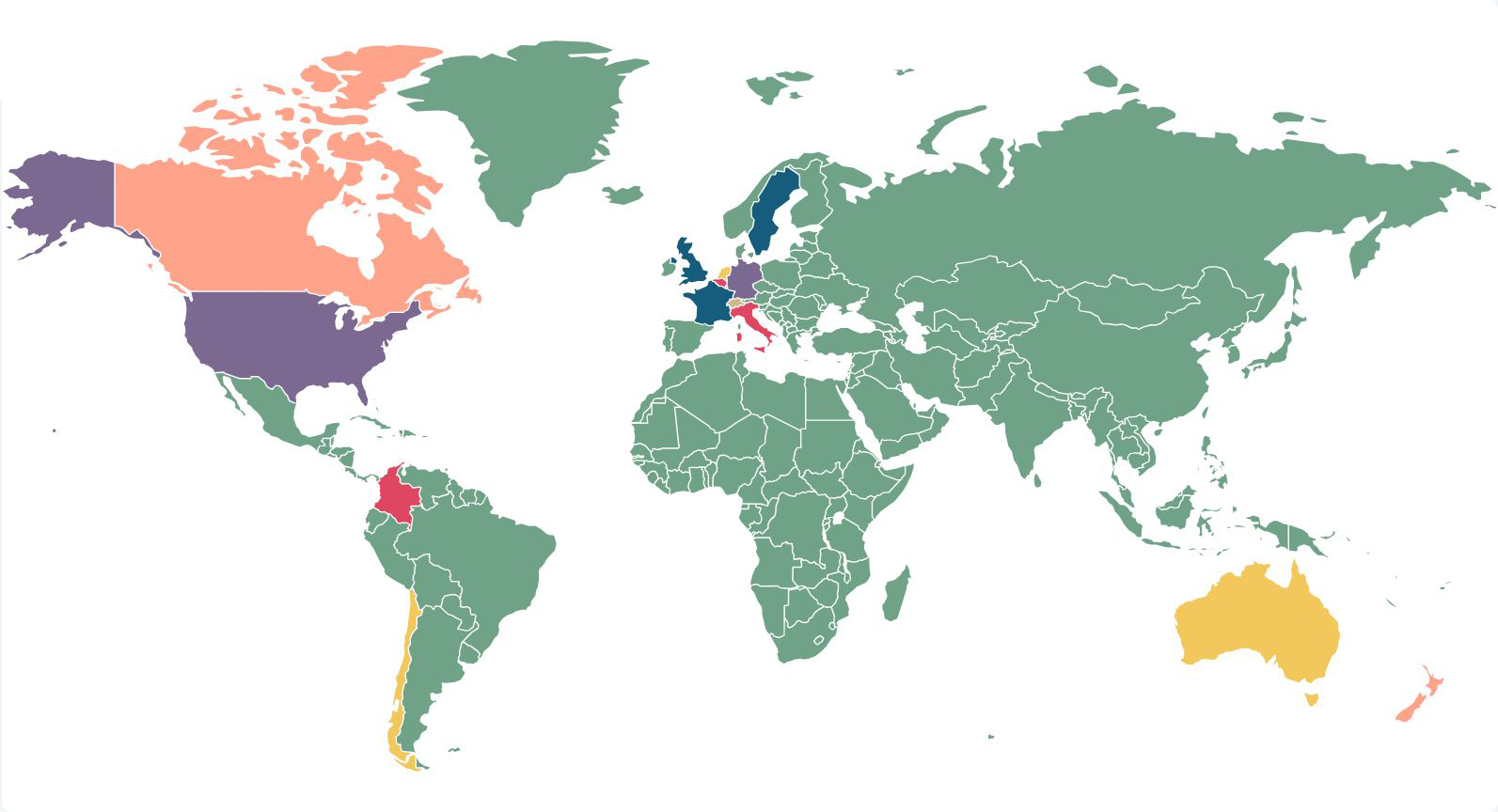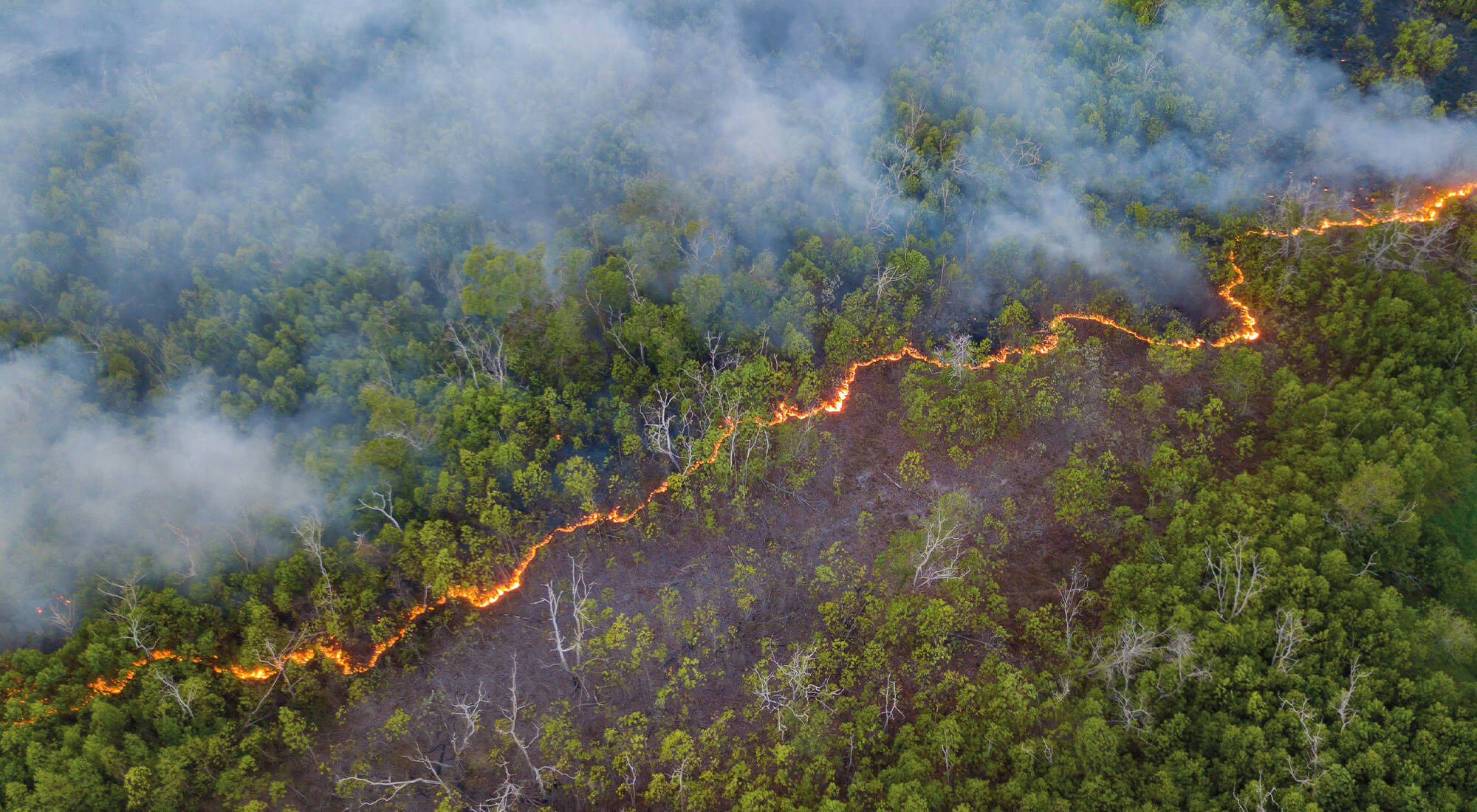Biodiversity has been waiting in the wings of the ESG space for several years but now it has moved centre- stage as our understanding of the combined impacts of climate change, changes in land use and pollution have come into sharper focus.
Wholeheartedly embracing ESG may already seem a daunting prospect. The breadth of issues that need to be addressed, often requiring fundamental changes to an organisation’s policies, operational practices and trading relationships, stretches boards and senior management. The huge challenges implicit in aligning with ESG objectives and related disclosure obligations seem to grow relentlessly.
On biodiversity, the spotlight is inevitably falling on the financial sector with the Taskforce on Nature-related Financial Disclosures (TNFD), launched in July 2020 and backed by eight major governments including the UK, and the United Nations expecting the sector to make a major contribution to protecting nature.
The TNFD has a simple mission: “To develop and deliver a risk management and disclosure framework for organisations to report and act on evolving nature-related risks, with the ultimate aim of supporting a shift in global financial flows away from nature-negative outcomes and toward nature-positive outcomes.”
It already numbers over 1000 institutional supporters in its consultative structure, together with 18 world-leading scientific organisations, and has some influential backing. The G7 Finance Ministers and G20 Sustainable Finance Roadmap have endorsed the TNFD. The G20 and G7 Environment and Climate Ministers have also recognised the establishment of the TNFD.
Biodiversity is firmly on the geopolitical radar.


What is biodiversity?
Quite simply, it is nature. This includes all living matter, together with geology, water, climate and all other inanimate components that make up our planet. And it is in serious decline. Globally, there has been a 70% drop in global wildlife populations since 1970. In the UK, a quarter of mammals are at risk of extinction, with 84% of rivers in poor ecological health. The UK ranks in the bottom 10% of countries for biodiversity.
The insurance industry needs to engage with the myriad issues this raises, not least because biodiversity nurtures several potential litigation triggers, many for risks that may not be priced in to existing coverage.
“It fits alongside climate change risks but it is a separate risk and is much more about the direct harm we have caused our environment and nature. This substantially broadens the potential exposures,” says DAC Beachcroft partner Toby Vallance.
It will also heighten the connection between the different elements of environmental, social and governance risks, says his colleague, DAC Beachcroft partner Duncan Strachan:
“The very broad definition of biodiversity adopted by the United Nations includes the rights of indigenous peoples and recognises their contributions as stewards of nature. This potentially feeds into new risks around social unrest, maybe where their traditional lands are threatened, especially where there is a scarcity of water.”
The potential breadth of the impacts was underlined in a report published by the Association of British Insurers in July 2023, A Guide to Action on Nature.
The report points to the US$44tn of global domestic product estimated by the TNFD that is dependent on nature. It highlights the threat to homes, business and people’s health through the deterioration of the natural environment.
The profile of biodiversity and the new urgency to address the complex mix of issues surrounding it was given further impetus when the 15th UN Conference of Parties (COP) on Biodiversity was finally held in Montreal last December. This was originally scheduled for Kunming in China but, after almost two years’ delay because of China’s zero tolerance of COVID-19, it was eventually switched to Canada. Its outcomes are officially referred to as the Kunming-Montreal Biodiversity Framework (see box).
COP15 may have been delayed but it did not lack ambition when it comes to setting timetables for its objectives. 2030 features frequently and prominently in the action framework. This is not just about halting the damage and destruction of nature by 2030 but also about making a significant impact on reversing the damage already done.













